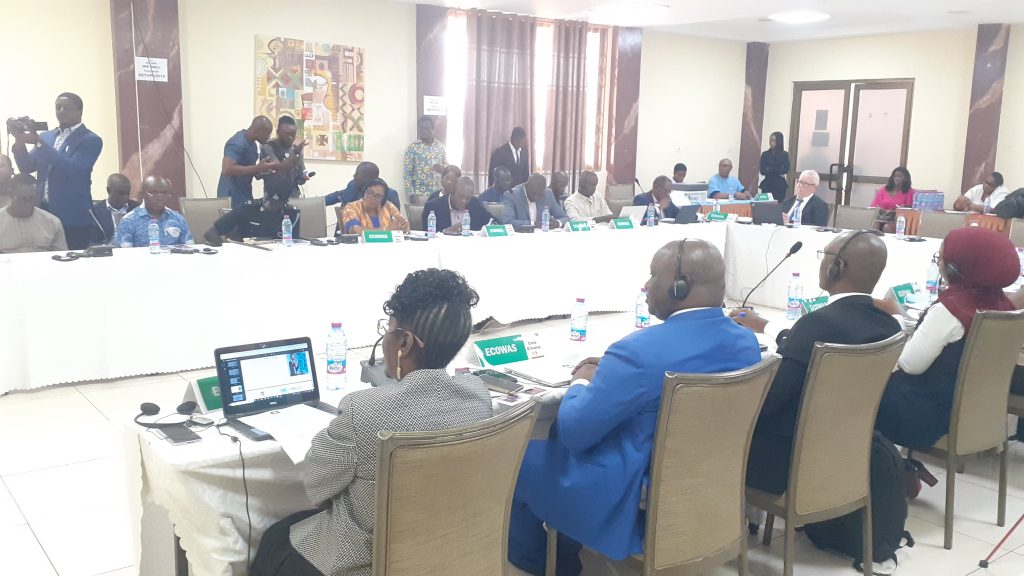By Kodjo Adams
Accra, Sept. 08, GNA – Mr. Kwaku Ofori Asiamah, the Minister of Transport, has called for collaboration among ECOWAS Member States to reduce the number of fatalities on the Sub region’s roads.
The Minister said the multisectoral nature of road safety management within the region made it very complex to achieve results without effective collaboration from all stakeholders.
Mr. Asiamah said this on Thursday at the Regional Workshop on the Implementation of the New ECOWAS Road Safety Policy, Charter and Action Plan in Accra.
The workshop, he stated, came from the fact that road transport continued to be the dominant mobility system on the continent, and it was incumbent on all as policymakers and implementers to ensure that the provision of transport services was carried out to the continent’s benefit.
The concept of road safety and policy, action plans and road safety charter for the ECOWAS region commenced in March, 2021, after a series of expert reviews and technical validation workshops in Accra and Abuja to fine-tune the various documents.
It is expected that Member States will collectively agree on the implementation timelines of the action plan to operationalise the policy and charter, as well as agree on modalities for implementation by all stakeholders.
He stated that safer and more efficient mobility systems had a direct impact on the continent’s national economies, stressing that Ghana remained committed to the promotion of road safety in the country and the sub region.
“We have strengthened the capacity of our road safety agency with an enhanced mandate to enable her to ensure institutional compliance with road safety standards with the provision to sanction non-compliance,” he added.
He said Ghana was reviewing its Road Traffic Act and Regulations to reflect changes and emerging trends in the road transport industry.
Ghana has developed its third strategy for road safety management, dubbed the National Road Safety Strategy II (2021 to 2030).
“This strategy is in line with the UN’s 2nd Decade of Action for Road Safety, which has the ultimate goal of reducing fatalities and injuries by 50 percent by the end of 2030,” he said.
Mr. Sediko Douka, Commissioner for Infrastructure, Energy, and Digitalisation, ECOWAS Commission, said the objective of the workshop was to sell the newly approved Regional Road Safety Policy, Charter, and Action Plan to ECOWAS Member States, regional transport sector stakeholders, and development partners.

The intention, he stated, was to bring all hands-on-deck to fight together and better coordinate actions towards the reduction of fatalities on the national and regional road corridors.
The World Health Organization(WHO) continues to record over 6,000 fatalities on average on roads across ECOWAS Member States, and these fatalities keep increasing and surpassing largely the number of deaths resulting from the COVID-19 pandemic in the region.
He said national statistics revealed that the annual mortality rate caused by road traffic injuries per 100,000 inhabitants was high, around 3 to 11 in ECOWAS countries, but even far higher, in the range of 21 to 39, if WHO estimates were considered.
This situation, he stated, continued to be alarming and needed the efforts of all to improve the issue.
GNA